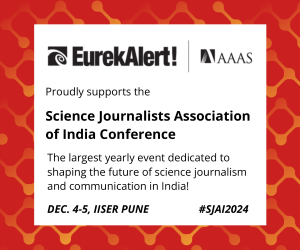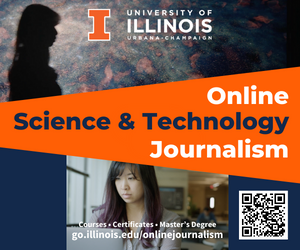Writing and reading assignments aren't the only tools for teaching science writing. This page offers examples of exercises your students can do in class.
There are several exercises that reinforce the basic elements of science writing, including these offered by NASW members. The NASW quarterly newsletter ScienceWriters provides a wealth of material that addresses many of the topics below. NASW maintains an archive of ScienceWriters that's available to NASW members at http://www.nasw.org/publications. (Note: This site requires an NASW login and password.)
Have an exercise to add to this list? Send us email.
- Invite a panel of local public information officers to discuss a career in science writing for a university, agency, institution or foundation.
- Have students review articles written by a science writer; invite that writer for a classroom visit
- Assign a new science news or feature article each week and workshop the article with the class
- Help your students learn to cope with deadline pressure:
- Give students a scientific article and an hour to find five sources for outside comment. Critique choices. Web access needed for students for this exercise.
- Have students conduct a press conference with a researcher in the first hour of class and write a 300- to 500-word story in the second half of class.
- Have the students develop a source list for the area of science they've been assigned to cover.
- Collect articles from three different news outlets that cover the same science story. Analyze how each organization covered the story differently.
- Have student critique and discuss the weekly science section of a local and/or national newspaper or magazine.
- Select two to three media outlets and have weekly science news quizzes on articles published there.
- Invite a local "celebrity" scientist to discuss his or her interactions with media.
- Assign the students to cover a science lecture at a local university or institute.
- Assign the students to cover a scientific meeting, select a topic they feel is newsworthy, and report on it.
- Invite a scientists to class and conduct a mock press conference.
- Have the students follow a scientist all semester/quarter and write an article about his/her work for a final assignment.
- Hold weekly "reading workshops" where students critique a news or magazine article about science that you brought in the week before.



